
For the first time in almost 16 years, National Liberation (PLN for the Spanish acronym) and Social Christian Unity (PUSC) will be the parties that hold all four legislative seats in the province.
Liberationists Luis Fernando Mendoza and Alejandra Larios and Social Christians Melina Ajoy and Bismarck Villegas were elected, according to cut 24 of the results, with 73% of the board votes counted in the province.
Since 2006, at least one non-traditional party has managed to win a representative for the province:
- Citizen Action (2006-2010)
- Libertarian Movement (2010-2014)
- Broad Front (2014-2018)
- National Restoration (2018-2022)
The four seats will be apportioned to two women and two men. The Supreme Electoral Court (TSE for the Spanish acronym) reformed the Electoral Code in 2009 to require parties to alternate genders on the lists of candidates for legislator.
This means that they must comply with the male-female or female-male sequence. With two members selected from each party, there will be parity in representation of the sexes.
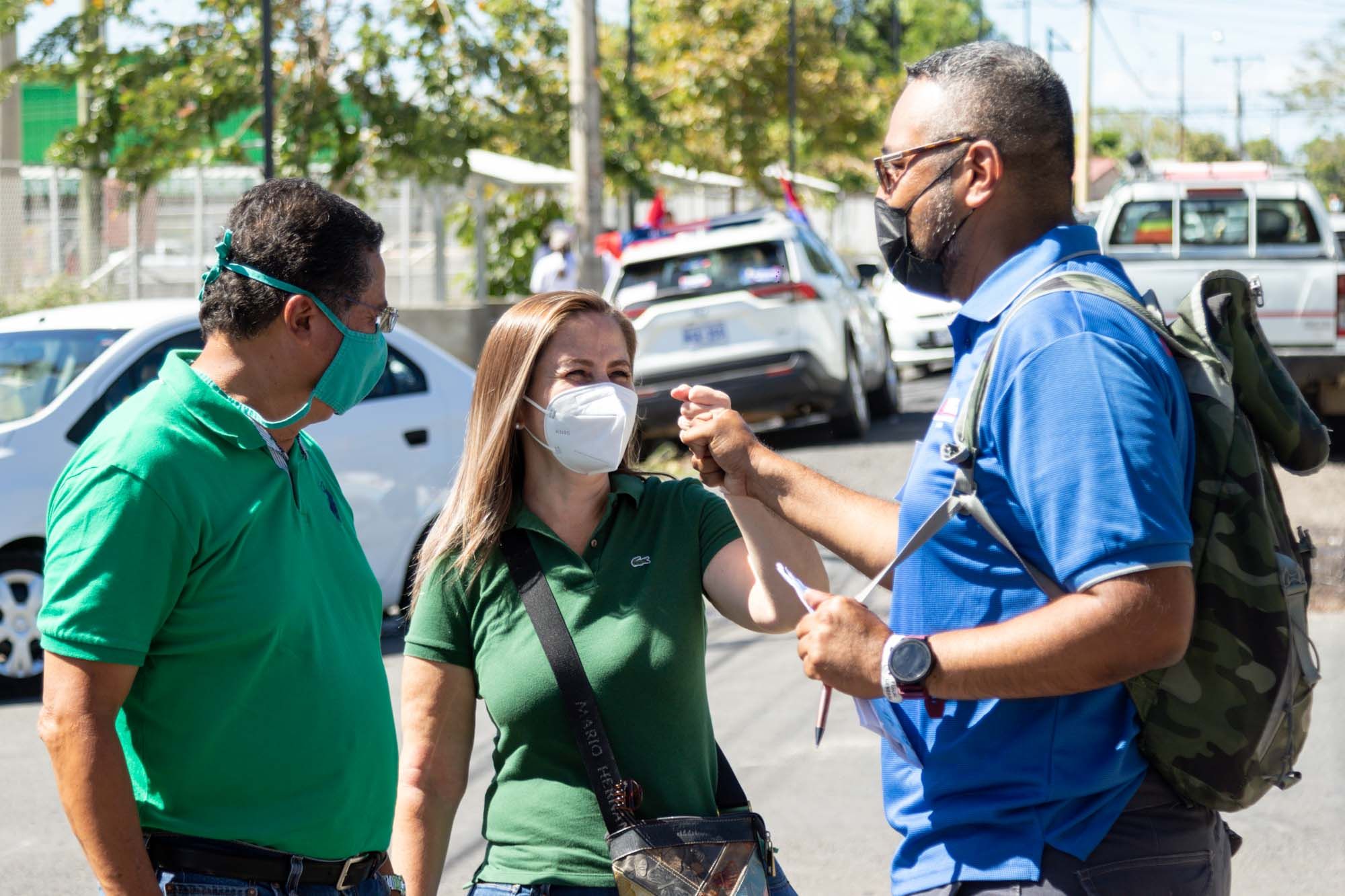
National Liberation party members Luis Fernando Cañas and Alejandra Larios and Social Christian Bismarck Villegas outside Isabel Brown School as they toured Liberia at the same time. Photo: Cesar Arroyo Castro
Who’s Who?

Cañas native Luis Fernando Mendoza has a bachelor’s degree in political science from the University of Costa Rica (UCR). He worked in the Legislative Assembly as an advisor to the PLN caucus from 1994 to 2010, when he won a place as legislator for Guanacaste. He was president of the Legislative Assembly from 2013 to 2014.
For two consecutive terms, he was elected mayor of Cañas (2016-2020 and 2020-2024). He will now leave the post in the hands of the first vice mayor, Gricelda Vargas.
On election day, Mendoza assured The Voice that one of his priorities will be the Paacume water project and a reform to the current Free Trade Zone Law to create incentives when they are located in coastal areas such as Guanacaste.

Alejandra Larios, from Liberia, studied law at the University of Costa Rica (UCR). She currently works in her own office as a lawyer and notary and is a professor of international law at the UCR campus in Liberia.
She was a municipal council member for Liberia between 2016 and 2020 and a candidate for mayor of the canton in 2020. However, she lost by 172 votes against former mayor Luis Gerardo “Pipo,” representing PUSC.
Larios describes herself as a defender of human rights and affirms that she will fight for the empowerment of women in the political arena. Her most prominent proposals include strengthening the care network and creating new public policies to strengthen higher education.

Melina Ajoy graduated from Latina University with a degree in communication and public relation. She has been working as a legislative adviser for her party since 2017. She is currently the office manager for legislator Jose Maria Guevara, who succeeded the late legislator Rodolfo Peña.
Ajoy participated in 2016 as a candidate for vice mayor of Nicoya for PUSC. A year later, she began working in the Assembly as an advisor and in 2018, her party nominated her as second place for Guanacaste’s legislator. At that time, she didn’t win the seat. And although she was to succeed Legislator Peña after his death in 2021, she declined the position due to her aspirations for this term.
She is the daughter of former Guanacastecan legislator Emanuel Ajoy, who represented the province for two terms (1990-1994 and 1998-2002). As legislator, her father was a key figure in managing the donation of the La Amistad Bridge over the Tempisque River. The candidate assured The Voice of Guanacaste that her first project upon entering the Assembly will be getting work done on that bridge.
Ajoy also plans to work on creating an oncology tower in Guanacaste and work to extend the EBAIS clinics’ hours of care in coastal areas.

Bismarck Villegas, also from Liberia, has a degree in medicine and surgery from the Hispanoamericana University. He worked in several departments of the Costa Rican Social Security Fund (CCSS), especially in the areas of family and community medicine. His last role was as regional coordinator for COVID-19 epidemiological surveillance.
The now-elected legislator was part of the Syndromic Surveillance project team, a technological tool that analyzed the symptoms presented by patients in Guanacaste health centers and predicted possible outbreaks of COVID-19 or other respiratory viruses.
Villegas has no previous political experience, according to his resume posted by TSE. He said that one of his projects will be to install windmills for small business owners to extract water and to create a catheterization unit in Guanacaste.


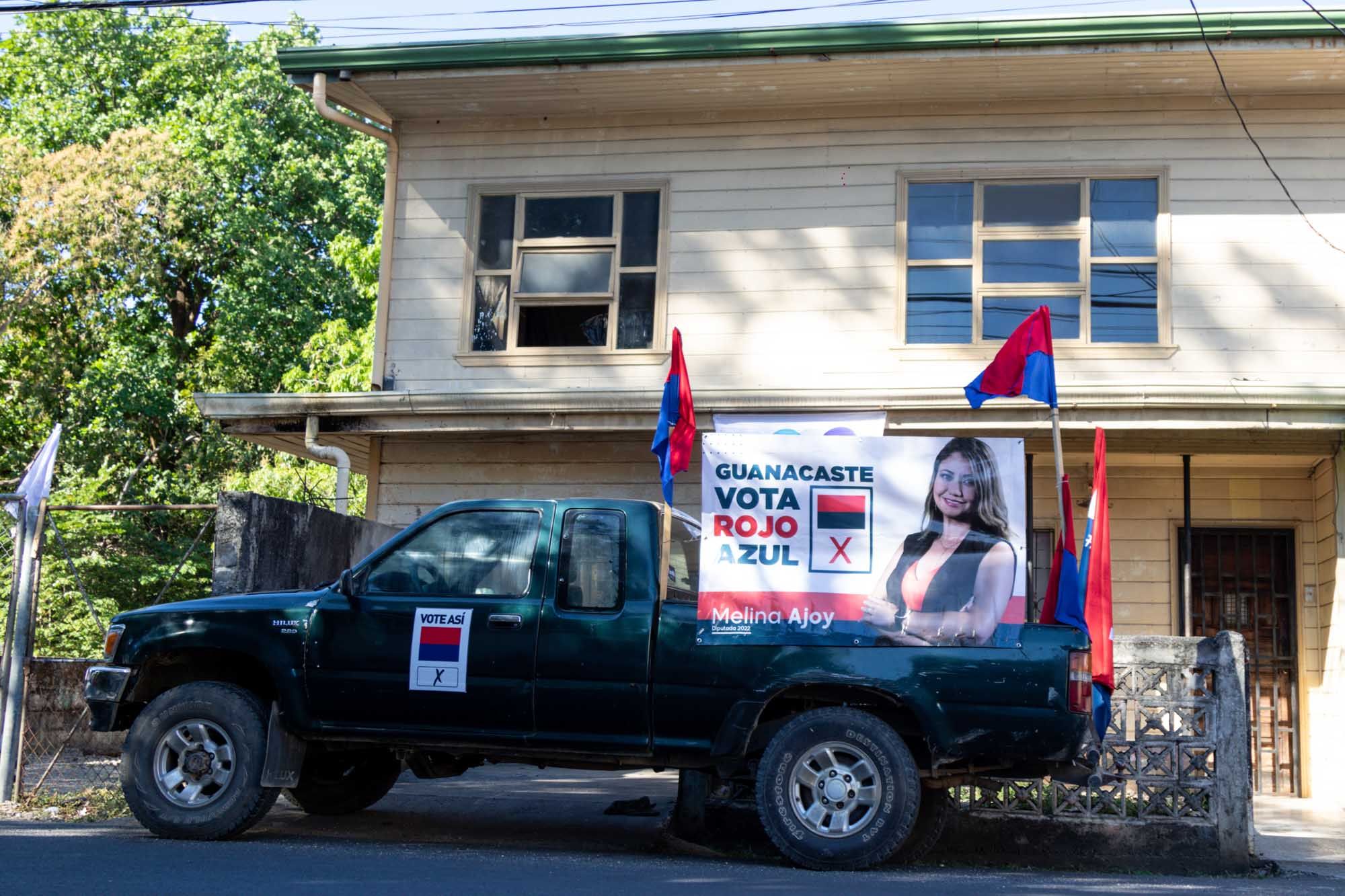
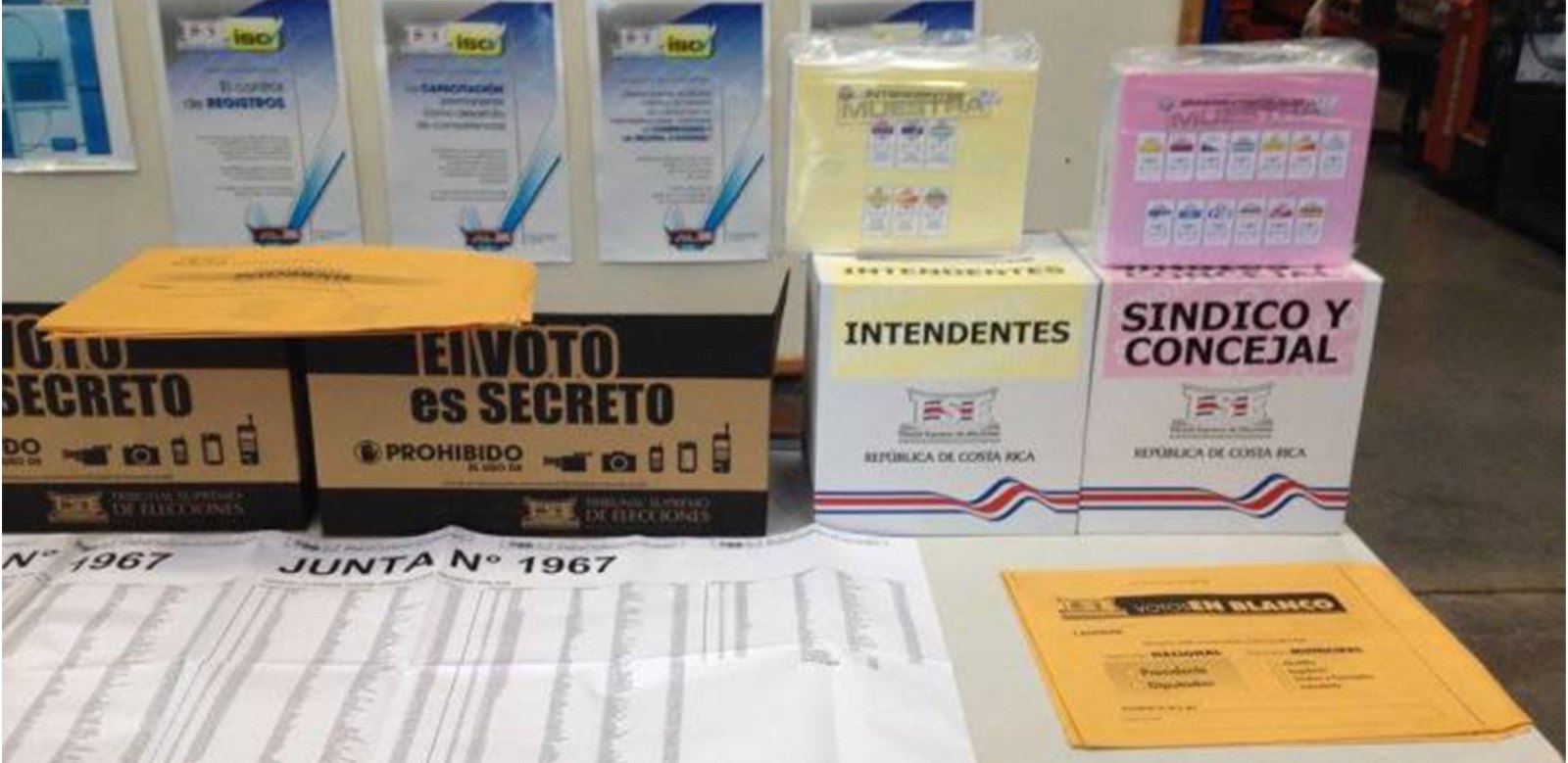
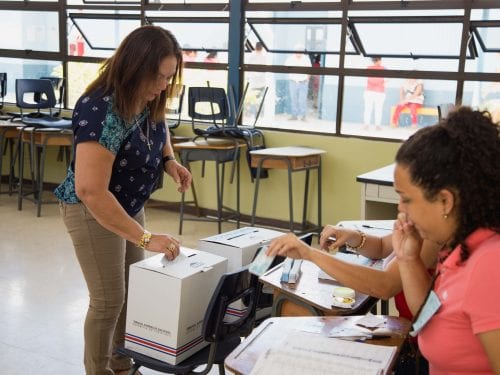
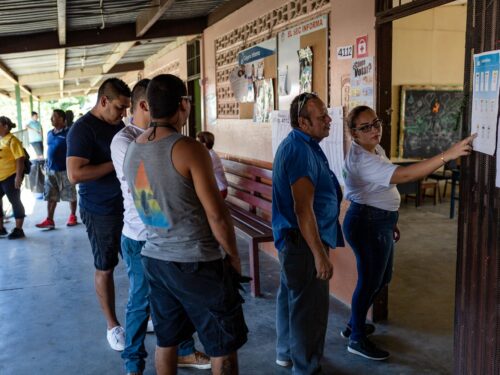

Comments